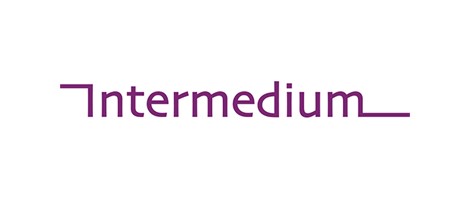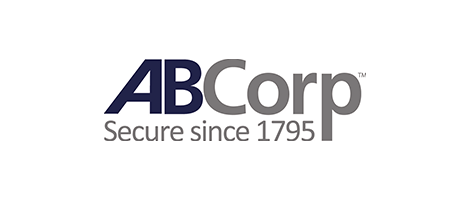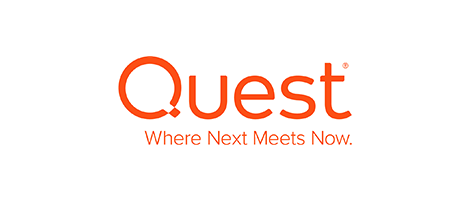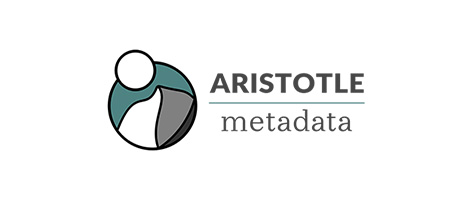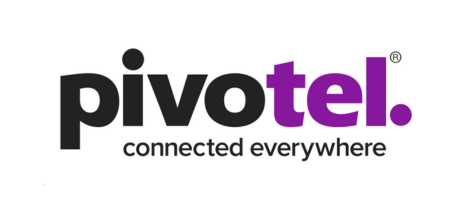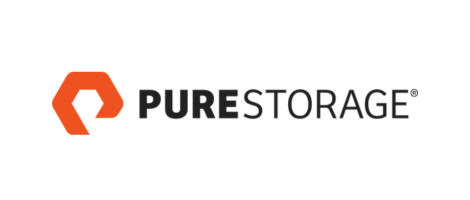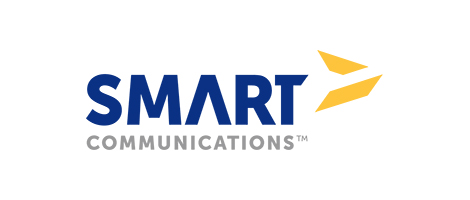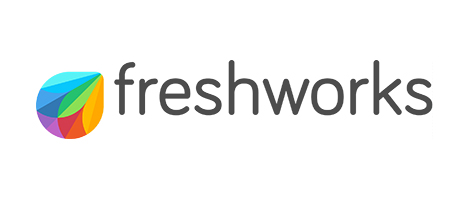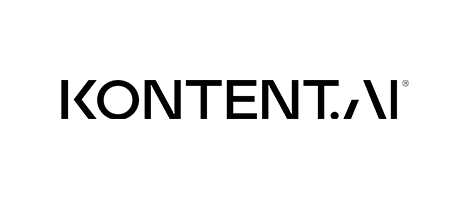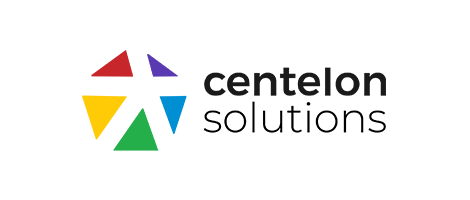A decade of Federal Government ideation, discourse and networking leads us to a pivotal moment. The 10th Anniversary Edition of FSTGov Future of Federal Government Summit 2024 unveils a special agenda holistically targeting the Australian Public Services (APS) ICT, Digital and Data streams of work.
Daring to think big, streams exploring critical value and strategy across the APS are core to the discussion’s concerted effort to bring senior leadership and executives together, in alignment with the continued delivery of ICT, data and cyber services for tangible outcomes. Key figures spearheading the dialogue at FSTGov Future of Federal Government Summit 2024 will dive into:
- The impacts and execution of the Data and Digital Government Strategy, one year on.
- Solving old challenges with new ideas: emerging technology and the fight against legacy.
- Architecture and operating model optimisation for the future of digital services.
- Data at the heart of decisions, tech uplift and a connected APS.
- Running ICT operations at pace and the capabilities to do so at scale.
- Digital Experience Policy and Standards: Alignment and integration update.
- Data and Digital Government Strategy: What have we achieved in the past year?
- AI in Government
- Maintaining Digital Project Momentum with Continuous Improvement - Discuss approaches to sustaining progress in digital projects while embracing a culture of continuous improvement.
- Achieving Digital Innovation Through Government-Industry Partnerships - Examine effective models for collaboration between the federal government and industry to drive digital innovation and transformation.
- Leveraging Digital Disruption for Transformation - Explore how the federal government can turn digital disruptions into opportunities to accelerate digital transformation.
In an era of rapid change and information overload, human-centric approaches help prioritise and navigate what’s truly important to achieve citizen outcomes. But what does it mean to be human-centred? And how can you apply this powerful methodology to the digital workplace? In this session, we will cover the following key topics:
- Defining Human-Centricity: Understand what it means to adopt a human-centred approach, how it differs from traditional methodologies, as well as real-world applications in the digital workplace that have increased user satisfaction and improved organisational agility.
- Driving Sustainability Outcomes: Learn how Fujitsu incorporates the concept of Human-Centric Innovation to material Environmental, Social, and Governance (ESG) outcomes and how this connects to our vision for the future of Digital Workplace
- Transformative Strategies: Learn about various strategies that organisations can implement to shift from reactive to proactive human-centric support models. This includes leveraging technology and fostering a culture that prioritises user needs, ultimately leading to better citizen outcomes and a more responsive public service.
By attending this session, you will gain valuable insights into how to effectively implement human-centric methodologies in your organisation, ensuring that your digital transformation efforts resonate with the needs and expectations of your users. Join us for an engaging discussion that could reshape your perspective on digital workplace transformation.
- Strategic Workforce Transformation: Hear an update on how Defence is transitioning from a heavy reliance on contractors to a robust in-house team, focusing on developing and retaining talent to manage future technologies.
- Cultivating In-House Expertise: Explore the benefits of investing in staff programs to build a skilled workforce capable of driving innovation and maintaining technological excellence.
- Adopting Agile Methodologies: Uncover strategies for implementing Agile practices to enhance responsiveness, efficiency, and alignment with strategic goals, and preparing Defence ICT to meet evolving challenges effectively.
- Managing Citizen Expectations: Today’s citizens demand high-quality, digital-first services, but not everyone is ready or able to engage online. How can we ensure a truly inclusive approach that meets everyone’s needs?
- Bridging Language Barriers: To effectively serve diverse communities, government agencies must provide multilingual content that respects cultural differences and ensures critical information reaches all citizens.
- Balancing Efficiency and Inclusivity: Adding accessibility requirements creates multiple challenges for government agencies, making it crucial to deliver consistent, inclusive, and compliant communications across various channels. What if there were a way to manage all these needs in one centralised platform?
- Analysis of the 2024 ANZ Digital Government Readiness and Maturity survey results.
- Key ICT trends shaping the public sector, including digital identity and citizen security.
- Strategies for overcoming legacy system challenges and harnessing emerging technologies.
- Strategic Pillars and Cyber Collaboration: Explore the Federal Government's response to the Australian Cyber Security Strategy 2023-2030.
- Business Risk Mitigation: Share practices from the Federal level on preparing for and recovering from data breaches and ransomware attacks.
- Optimising Cyber Security Budgets: Discuss tactics for federal cyber security budget optimisation and resource allocation.
- What are the Government’s expectations on government departments for maximising the value from data?
- How are government departments addressing their data maturity to meet the Government’s expectations?
- What are the strategic challenges for maintaining public trust in the Government’s use of data, especially with the emergence of new technologies and cyber threats?
- Strategic Integration of AI: Discuss how AI is incorporated into federal operations, prioritising ethics and efficiency.
- Cross-Disciplinary Collaboration: Emphasise the significance of interdisciplinary collaboration and upskilling to drive AI innovation at the federal level.
- Addressing AI Ethics and Risks: Share insights on managing AI risks, ensuring accountable use, and preparing for future AI advancements.




